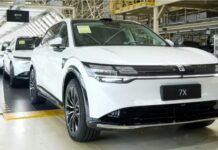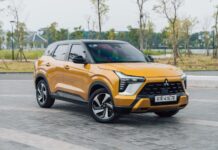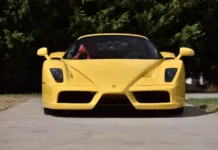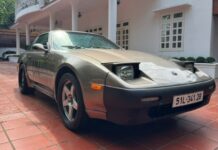A rather unusual accident recently occurred in China, capturing the attention of netizens. This incident took place on China’s G70 Expressway and involved a Li Auto L9 electric car. The entire episode was captured by the vehicle’s dashboard camera.
Video footage shows the moment a high-end Chinese car caused an accident by automatically braking upon encountering a billboard advertisement on the expressway.
The video begins with the Li Auto L9 traveling in the leftmost lane of the expressway at a speed of 77 km/h. As it approaches a billboard advertisement featuring cars, the vehicle automatically slows down and comes to a stop. It appears that the car’s automatic emergency braking system (AEB) mistook the two cars in the advertisement for real vehicles.
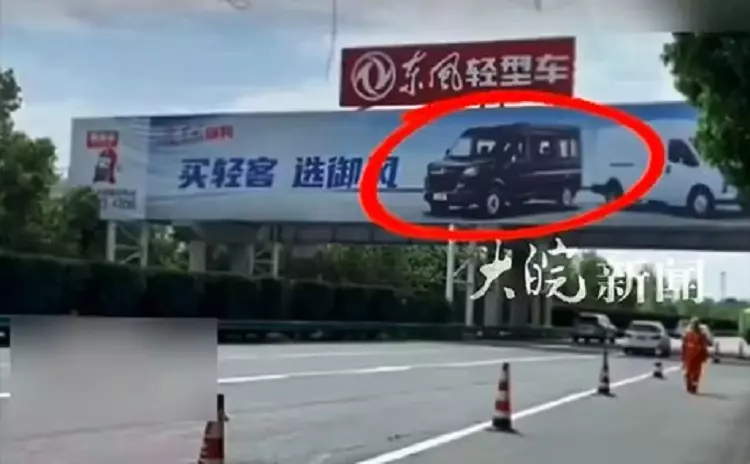
Billboard advertisement that confused the Li Auto L9.
The driver of the Li Auto L9 successfully prevented the car from colliding with the highway barrier. However, the vehicle was then rear-ended by another car traveling in the same direction.
Fortunately, there were no casualties in this accident. The Li Auto L9 sustained only minor damage to its rear bumper and trunk.
The Li Auto L9 is a relatively high-end model in the Chinese market. As such, it is equipped with a host of radar, ultrasonic sensors, cameras, and LiDAR sensors on the windshield to facilitate advanced driver-assistance systems (ADAS). However, this very sophistication led to the unexpected accident.
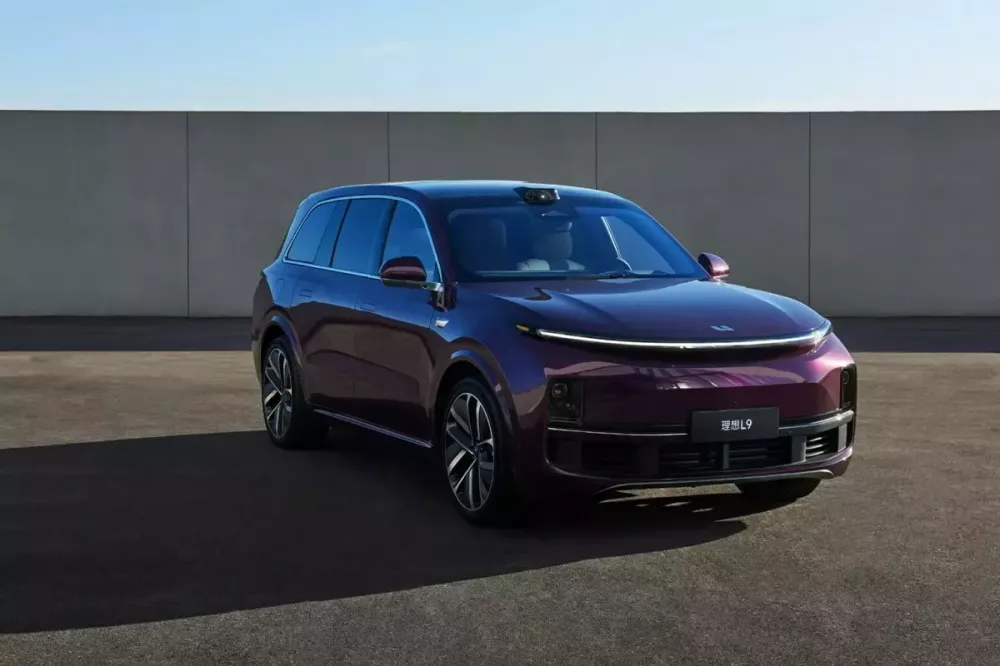
Li Auto L9
Phantom braking, or unexpected braking, is not an uncommon occurrence in vehicles equipped with semi-autonomous driving systems. However, this may be the first case where a car mistook advertisement vehicles for real ones.
Following this incident, the L9 driver sued Li Auto, demanding compensation of 20,000 RMB (approximately 70 million VND). In their statement to the press, Li Auto offered to pay 4,000 RMB (approximately 14 million VND) but has not yet received the owner’s agreement. Li Auto acknowledged that “the system mistakenly identified the advertisement image as a real car” and affirmed that they will upgrade the vehicle’s software.
The Li Auto L9 is currently available in the Chinese market, priced between 409,800 and 439,800 RMB (approximately 1.43 to 1.53 billion VND).

